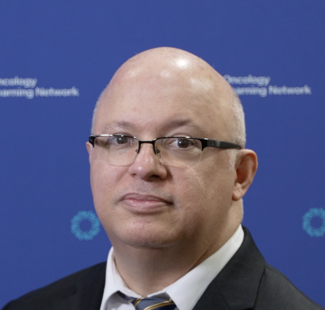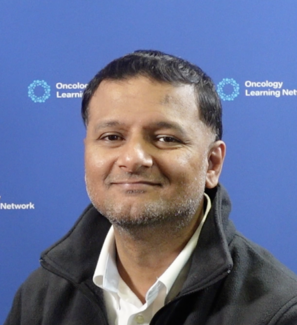Evaluating the Role of Dual Maintenance Therapy for Patients With MM Following Transplant
Noa Biran, MD, Hackensack Meridian School of Medicine, Clifton, New Jersey, participated in a debate at the 2025 Great Debates in Hematologic Malignancies meeting in New York, New York, in which she argued against patients with multiple myeloma (MM) receiving dual maintenance therapy following transplant.
Dr Biran shared the importance of the consideration of other markers for long-term outcomes including sustained minimal residual disease (MRD) negativity and overall survival utilizing BTK inhibitors to improve overall survival (OS).
Transcript:
Hi, my name is Noah Biran. I'm one of the multiple myeloma physicians at Hackensack University School of Medicine. Today, I will be speaking about the role of dual maintenance in patients with multiple myeloma following an autologous stem cell transplant.
Although there have been many studies evaluating different combinations of dual maintenance, for example, bortezomib, lenalidomide, carfilzomib, lenalidomide, as well as daratumumab with lenalidomide, there does not seem to be a consistent benefit in terms of overall survival and quality of life benefit for patients who are using dual maintenance following transplant.
Certainly, MRD negativity has been shown to be improved for patients who receive dual maintenance therapy. However, MRD negativity, as important as it is, is not the only endpoint that we should be looking for. For these patients, what is more important is long-term end points—for example, sustained MRD negativity, PF-2 (progression-free survival 2), and more importantly, overall survival. I think we have some time to wait until we see those benefits in the dual maintenance setting.
In addition, we have to look at quality of life in patients for whom we are not curing their disease with any of these agents today, it's important to have treatment-free periods or periods with minimal toxicity in terms of cytopenia, risks of infections and frequency of visits to the cancer center, as well as financial toxicity, which is something we don't often talk about with our patients.
Furthermore, with novel therapies such as CAR T-cells and T-cell engagers, we do want to think about preserving immune fitness for these patients so that our novel therapies work most efficiently when we need them.
Source:
Biran N. Debate- Should All Patients with Myeloma Receive Dual Maintenance after Transplant? Yes vs No. Presented at the Great Debates in Hematologic Malignancies meeting. June 28-29, New York, New York.
















